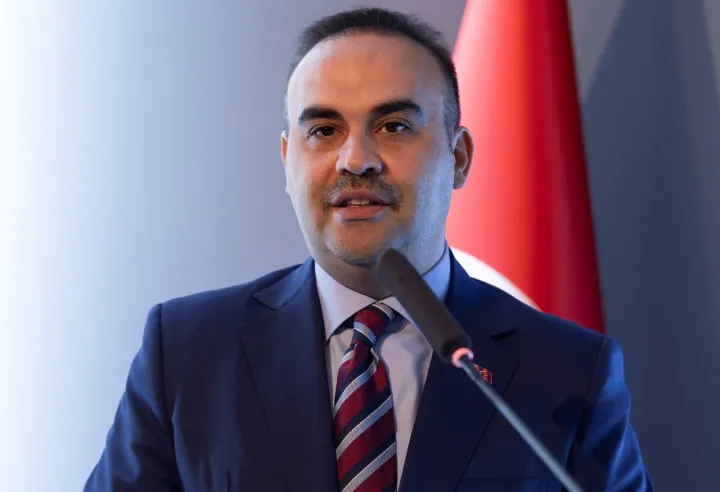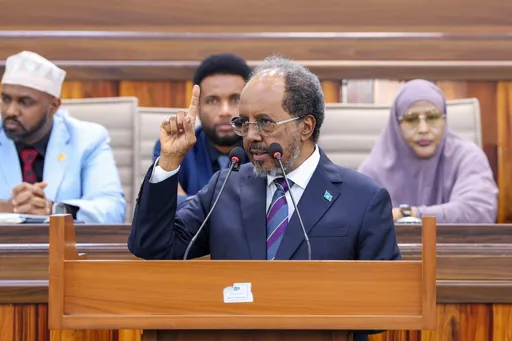A Kenyan court has given prosecutors two weeks to conduct mental health assessments of a suspected cult leader and accomplices before charging them with murder over the deaths of more than 400 followers.
Self-proclaimed pastor Paul Nthenge Mackenzie is alleged to have incited his followers to starve to death in order to "meet Jesus" in a case that shocked the world.
Mackenzie was arrested last April after bodies were discovered in the Shakahola forest near the Indian Ocean, with autopsies revealing that the majority of the 429 victims had died of hunger.
But others, including children, appeared to have been strangled, beaten or suffocated.
More time
Mackenzie's pre-trial detention in the coastal town of Mombasa was extended on several occasions as the prosecution asked for more time to probe the case.
But last week a court warned the authorities that it would release the former taxi driver unless charges were filed within 14 days.
On Wednesday, prosecutors asked Malindi High Court for a further extension to establish if 31 suspects including Mackenzie were fit to stand trial for murder.
"I do not think there are enough psychiatrists to carry out the mental assessment within one week as requested by the defence team, given the large number of suspects," Judge Mugure Thande said.
"Therefore, the 14 days as requested by the prosecution team will suffice," she said, ordering the defendants to file pleas on February 6.
'Sufficient evidence'
The office of the director of public prosecutions said on Tuesday that the state had "sufficient evidence to prosecute 95 suspects" and charge them with murder, manslaughter and terrorism.
It was not clear when the remaining 64 suspects would be charged.
The grisly case, dubbed the "Shakahola forest massacre", prompted the government to flag the need for tighter control of fringe denominations.
A largely Christian nation, Kenya has struggled to regulate unscrupulous churches and cults that dabble in criminality.
There are more than 4,000 churches registered in the East African country of 53 million people, according to government figures.
➤Click here to follow our WhatsApp channel for more stories.
























